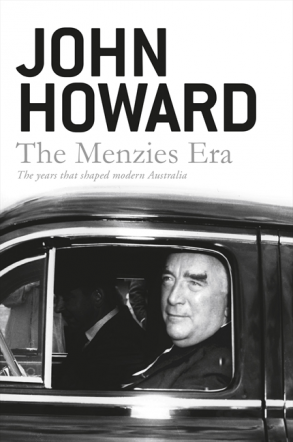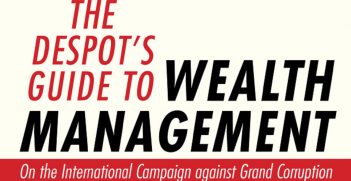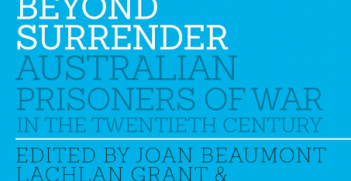The Menzies Era: The Years that Shaped Modern Australia

The Menzies Era is an interesting innovation, which does not fit easily into any of the standard genres. It is not the personal memoir of a retired politician: Howard has already done that with his hugely successful Lazarus Rising, which convincingly disproved the old truism that only Labor politicians wrote, and only Labor-inclined readers bought, political memoirs. Nor is this a standard history book, based either on original research, or a synthesis of a number of secondary works, or a combination of both.
It combines those two forms into a new genre, a sort of political masterclass. Here is the second most successful (measured by elections won) Liberal Prime Minister, reflecting on the term of the most successful. John Howard, who won four elections between 1996 and 2004, reflects upon the success and achievements of Robert Menzies, who won seven between 1949 and 1963. Howard extends the Menzies era to include his Liberal successors Harold Holt, John Gorton and William McMahon, and the last chapters contain extended discussions of the politics that brought Gough Whitlam to office in 1972, bringing the Menzies era to an end.
The book is based on extensive reading, in which Howard has evidently been guided by an extremely well-informed scholar of Canberra politics, John Nethercote. Most of the key works have been studied carefully (although the footnotes and other acknowledgements are more comprehensive in some chapters than in others). But interspersed with accounts based on the work of many writers, both contemporary and more recent, are extensive reflections based on Howard’s own experience, from when he was a young Liberal activist in the last years of Menzies’ long reign through to Howard’s own term in The Lodge. These asides are often revealing, and should be noted carefully by those who aspire to high political office.
It all makes for a long book. A good editor could have reduced the length without cost to the benefit of the principal judgements. Howard mounts a strong case for rejecting the standard view that the Menzies era was a long, boring period, eventually ended by the triumph of Gough Whitlam’s election in 1972. Howard has clearly envied the ability of the Labor party, and its sympathisers in academe, to create historical accounts of the wisdom and foresight of Labor leaders. While Lazarus Rising was the most influential venture by a conservative politician into the field of memoir, The Menzies Era seeks to establish an account of Australian politics of the 1950s and 1960s which will challenge the long domination by more progressive accounts.
Not everyone, of course, will agree with all Howard’s judgements. Those whose particular interest lies in international affairs will be challenged by his accounts of the Suez crisis of 1956 and of the Vietnam War. On Suez, Howard is definitely a Menzies man, not a Casey man: indeed the references to the man who served for a record-breaking term as Menzies’ foreign minister are few and often disparaging.
Similarly, while he quite rightly draws attention to the importance of Menzies’ deputy, and leader of the Country Party (now known as the Nationals), John McEwen, Howard might have given a little more acknowledgement to the role of other ministers, such as Percy Spender (in the creation of ANZUS and the Colombo Plan) and Garfield Barwick (in policy towards the Indonesian Confrontation of Malaysia in the 1960s). Howard recognises the importance that a Prime Minister must give to managing his/her Cabinet colleagues, but there is much that could be said about Menzies’ relations with ministers.
One can mount the case that when Menzies listened to his ministers and gave them a degree of freedom of movement, he achieved better results, in both policy and politics, than when he overruled them or insisted that he, and only he, understood the issues at stake. Much of the latter-day criticism of Menzies as a doctrinaire conservative, unable to move with the times, was based on the experience of the last years of his sixteen-year term: the Menzies of the early 1950s was a politician of a different order.
In the increasingly congested and contested field of political history and memoir, this stands as a major achievement. The Menzies Era is reportedly recommended summer reading list for many Liberal politicians. They, and indeed their political opponents, would do well to heed the Biblical injunction, to ‘read, mark, learn and inwardly digest’.
John Howard, The Menzies Era, Harper Collins, 2014
Reviewed by Professor Peter Edwards AM FAIIA, Adjunct Professor at Deakin University and author of Australia and the Vietnam War.





